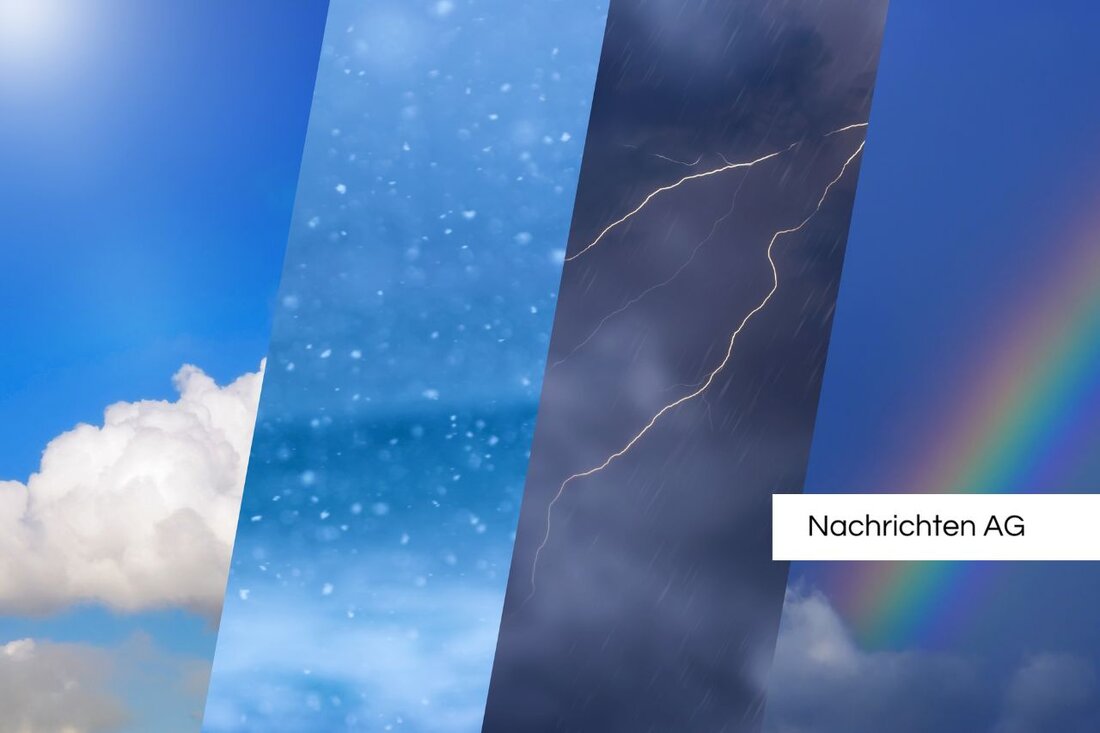Tow train in Kiel: Giant pipes for Poland are waiting to depart!
A tow train with monopiles for the Baltic Power offshore wind farm has been moored near Lindenau in Kiel since July 1, 2025.

Tow train in Kiel: Giant pipes for Poland are waiting to depart!
The pier of the Lindenau shipyard in Kiel is currently occupied by a towing train that is transporting large monopile pipes for the Baltic Power offshore wind farm. This process has stalled due to unfavorable weather conditions off Bornholm. Loud kn-online.de The tug “Wulf 10”, which started from Nordenham an der Weser on June 14th, was looking for a sheltered berth in Kiel after the weather caused difficulties.
The three monopiles currently in Kiel were manufactured by the steel company Steelwind Nordenham and are each 100 meters long and weigh 1,700 tons. These pipes serve as foundations for the wind turbines that are to be installed in the Baltic Power project off Bornholm. A total of 78 wind turbines are planned, which will operate with an output of 15 megawatts, generating a significant amount of renewable energy.
Transport and assembly of the monopiles
After the monopiles have reached the port of Rönne on the Danish island of Bornholm, they are reloaded and transported to the construction site. The Baltic Power wind farm will be the first offshore project of its kind in Poland. The installation of the foundations is the first step in the construction of the offshore portion, which is expected to begin in early 2025. This information comes from balticpower.pl, which document the progress of the project in detail.
To safely install the monopiles, the crane ship “Svanen” will be used, one of the largest floating cranes in the world with a lifting capacity of over 8,000 tons. The monopiles are rammed more than 40 meters deep into the seabed to guarantee the necessary support.
Project description and environmental impact
The Baltic Power project, a joint venture between the Polish Orlen Group and the Canadian provider Northland Power, will not only contribute to energy production, but also to reducing CO2 emissions in Poland. The wind farm is expected to reach a capacity of 1.2 gigawatts in 2026, which will cover around 3% of Poland's energy needs and save around 2.8 million tonnes of CO2 emissions annually.
More information about the production and transport of the monopiles is available in the report balticpower.pl accessible. The pipes are currently in Kiel and are waiting for more favorable weather conditions in order to continue their transport and ultimately contribute to the installation of the wind turbines.

 Suche
Suche
 Mein Konto
Mein Konto
